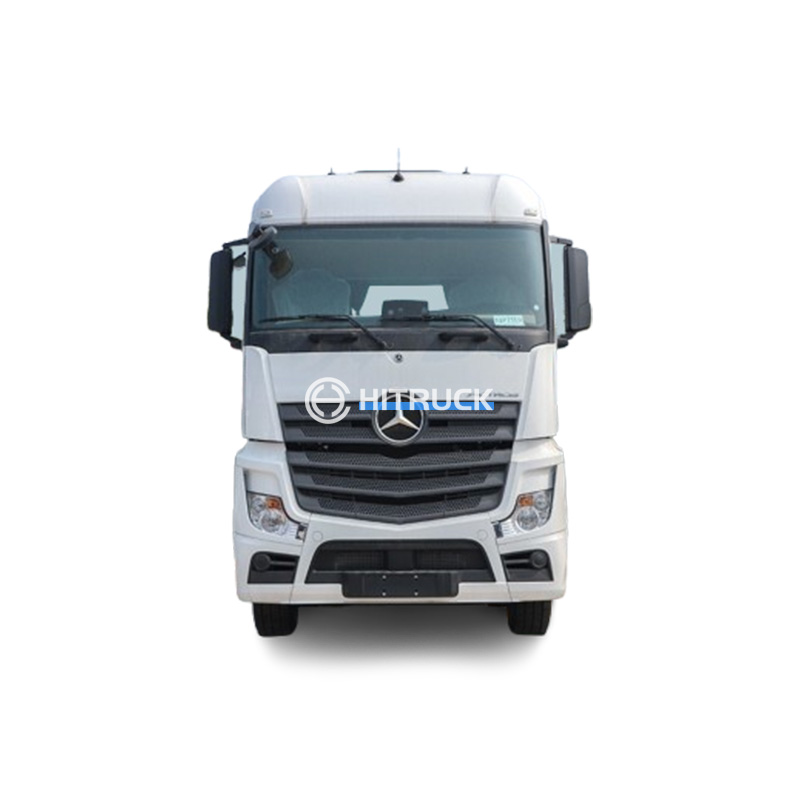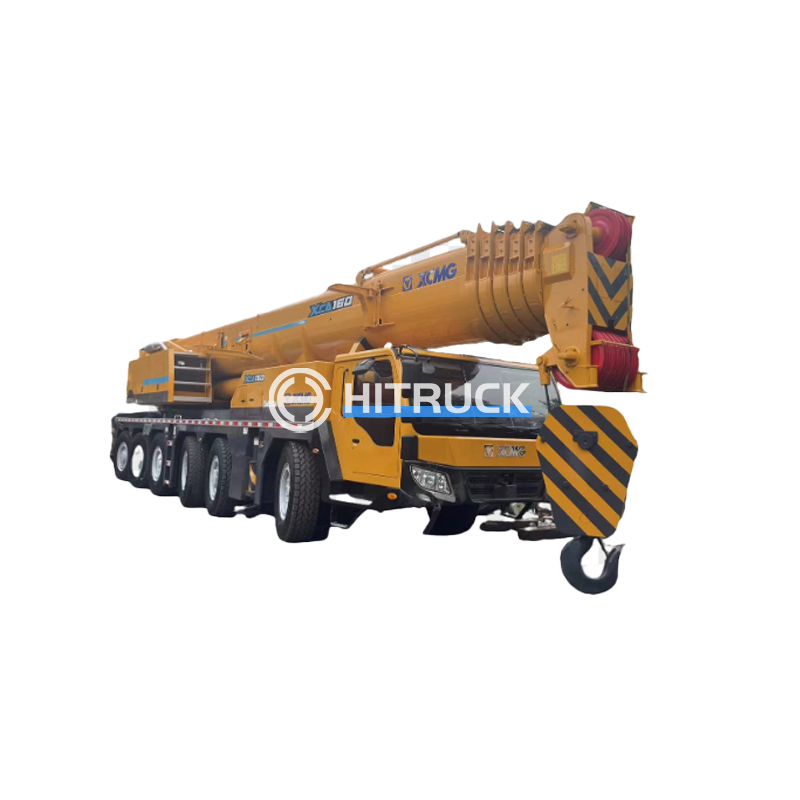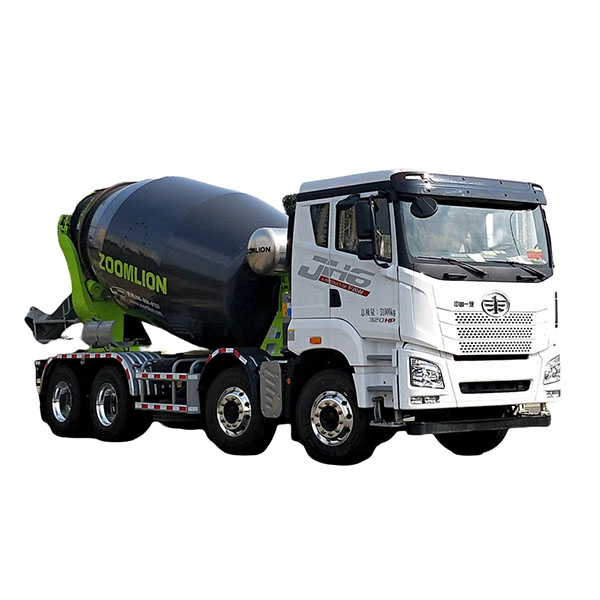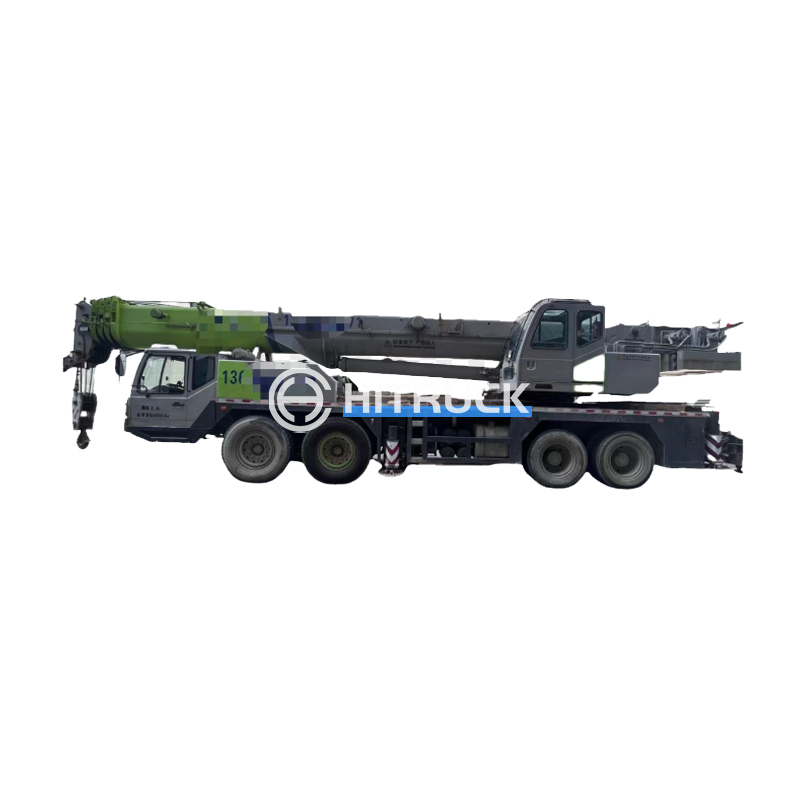This comprehensive guide explores the world of large mobile cranes, offering insights into their various types, applications, key features, and factors to consider when making a purchase or rental decision. We’ll delve into the specifications, safety protocols, and cost considerations to help you make an informed choice for your lifting needs. Learn how to determine the right crane capacity, reach, and overall suitability for your specific project.
All-terrain cranes, often abbreviated as AT cranes, are highly versatile large mobile cranes designed for operation on various terrains. Their advanced all-wheel drive and steering systems allow them to navigate challenging job sites with ease. They are a popular choice for construction, infrastructure, and industrial projects requiring maneuverability and high lifting capacities. Many models offer a wide range of lifting capacities, from several dozen to hundreds of tons.
Large mobile cranes categorized as rough-terrain (RT) cranes are built for exceptional off-road capabilities. With their robust design and superior traction, they excel in uneven terrains, making them ideal for remote locations and challenging environments. Their compact size makes them suitable for accessing confined work areas. However, they typically have a shorter reach compared to all-terrain cranes.
Crawler cranes are characterized by their continuous tracks, providing unmatched stability and lifting capacity. These large mobile cranes are often used in heavy-duty construction projects like bridge building or high-rise construction where stability is paramount. While their mobility is limited compared to other types, their strength and stability compensate for this limitation.
Selecting the right large mobile crane hinges on several crucial factors:
The lifting capacity, measured in tons or kilograms, determines the maximum weight the crane can lift safely. This should be carefully calculated based on the heaviest load you anticipate. Always ensure a safety margin is built into the calculation.
The boom length dictates the maximum horizontal distance the crane can reach. Consider the distances involved in your project and choose a crane with sufficient reach to complete the task efficiently. You should also consider the weight capacity at the maximum boom extension.
The type of terrain where the crane will operate heavily influences the choice. All-terrain cranes are suitable for most terrains, while rough-terrain cranes are designed for challenging conditions, and crawler cranes excel on unstable ground.
Ensuring the safety and proper maintenance of a large mobile crane is paramount. Regular inspections, operator training, and adherence to safety regulations are essential to prevent accidents. Always follow the manufacturer's guidelines for maintenance schedules and procedures. Consider investing in specialized crane maintenance contracts for peace of mind.
Purchasing or renting a large mobile crane involves significant financial considerations. The initial purchase price, ongoing maintenance costs, fuel consumption, and operator wages all contribute to the total cost of ownership. It’s wise to thoroughly analyze these factors and prepare a detailed budget before making a decision. Suizhou Haicang Automobile sales Co., LTD offers a range of options to suit diverse budgets and project requirements.
Choosing a reputable supplier is crucial. A reliable supplier will provide not only quality equipment but also excellent after-sales service and support. They should be able to advise you on the best crane for your specific needs and offer comprehensive maintenance and training programs. Research potential suppliers carefully and compare their offerings before committing to a purchase or rental.
| Crane Type | Typical Lifting Capacity (tons) | Terrain Suitability |
|---|---|---|
| All-Terrain | 50-500+ | Most terrains |
| Rough-Terrain | 25-200+ | Uneven terrains, off-road |
| Crawler | 100-1000+ | Unstable ground |
Disclaimer: This information is for general guidance only. Always consult with qualified professionals for specific advice on selecting and operating large mobile cranes. Always refer to manufacturer specifications and safety regulations before undertaking any lifting operation.












